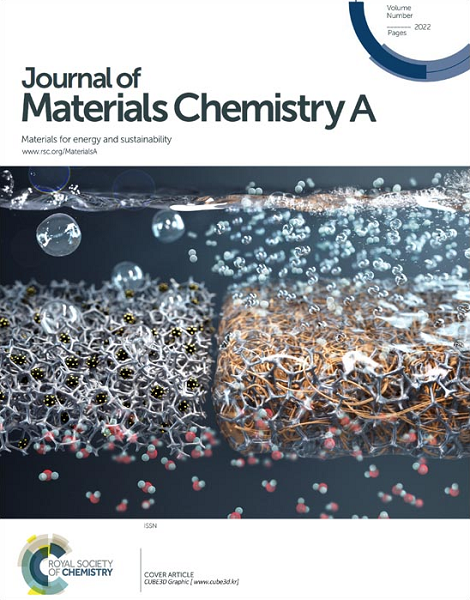Recent status, key strategies and challenging perspectives of smart batteries for next-generation batteries
IF 10.7
2区 材料科学
Q1 CHEMISTRY, PHYSICAL
引用次数: 0
Abstract
Lithium-ion batteries are a very important energy storage device, which has led to a wide range of applications and excellent performance making them important in many industries. However, the development of rechargeable batteries has been slow in recent decades due to the inherent properties of the material. With the advent of the fourth industrial revolution, the development of high technology, such as artificial intelligence, is changing rapidly. The development of smart batteries is an effective strategy to improve battery life and operational safety by integrating smart concepts into battery design, manufacturing and management. This review comprehensively describes the current development of smart batteries. Based on different perspectives of battery design, manufacturing and management, smart batteries can be divided into three parts: smart materials, smart manufacturing and intelligent sensing. The mechanism of action and application principles of each part are also discussed in detail for in-depth understanding. In addition, we have analyzed the challenges and issues facing the development of smart batteries to facilitate their practical development.

面向下一代电池的智能电池研究现状、关键策略与挑战展望
锂离子电池是一种非常重要的储能设备,其广泛的应用和优异的性能使其在许多行业中占有重要地位。然而,由于材料的固有特性,可充电电池的发展在最近几十年一直很缓慢。随着第四次工业革命的到来,人工智能等高科技的发展正在迅速变化。智能电池的发展是将智能概念融入电池设计、制造和管理中,提高电池寿命和运行安全性的有效策略。本文全面介绍了智能电池的发展现状。基于电池设计、制造和管理角度的不同,智能电池可分为智能材料、智能制造和智能传感三部分。并对各部分的作用机理和应用原理进行了详细论述,以期深入了解。此外,我们还分析了智能电池发展面临的挑战和问题,以促进其实用化发展。
本文章由计算机程序翻译,如有差异,请以英文原文为准。
求助全文
约1分钟内获得全文
求助全文
来源期刊

Journal of Materials Chemistry A
CHEMISTRY, PHYSICAL-ENERGY & FUELS
CiteScore
19.50
自引率
5.00%
发文量
1892
审稿时长
1.5 months
期刊介绍:
The Journal of Materials Chemistry A, B & C covers a wide range of high-quality studies in the field of materials chemistry, with each section focusing on specific applications of the materials studied. Journal of Materials Chemistry A emphasizes applications in energy and sustainability, including topics such as artificial photosynthesis, batteries, and fuel cells. Journal of Materials Chemistry B focuses on applications in biology and medicine, while Journal of Materials Chemistry C covers applications in optical, magnetic, and electronic devices. Example topic areas within the scope of Journal of Materials Chemistry A include catalysis, green/sustainable materials, sensors, and water treatment, among others.
 求助内容:
求助内容: 应助结果提醒方式:
应助结果提醒方式:


